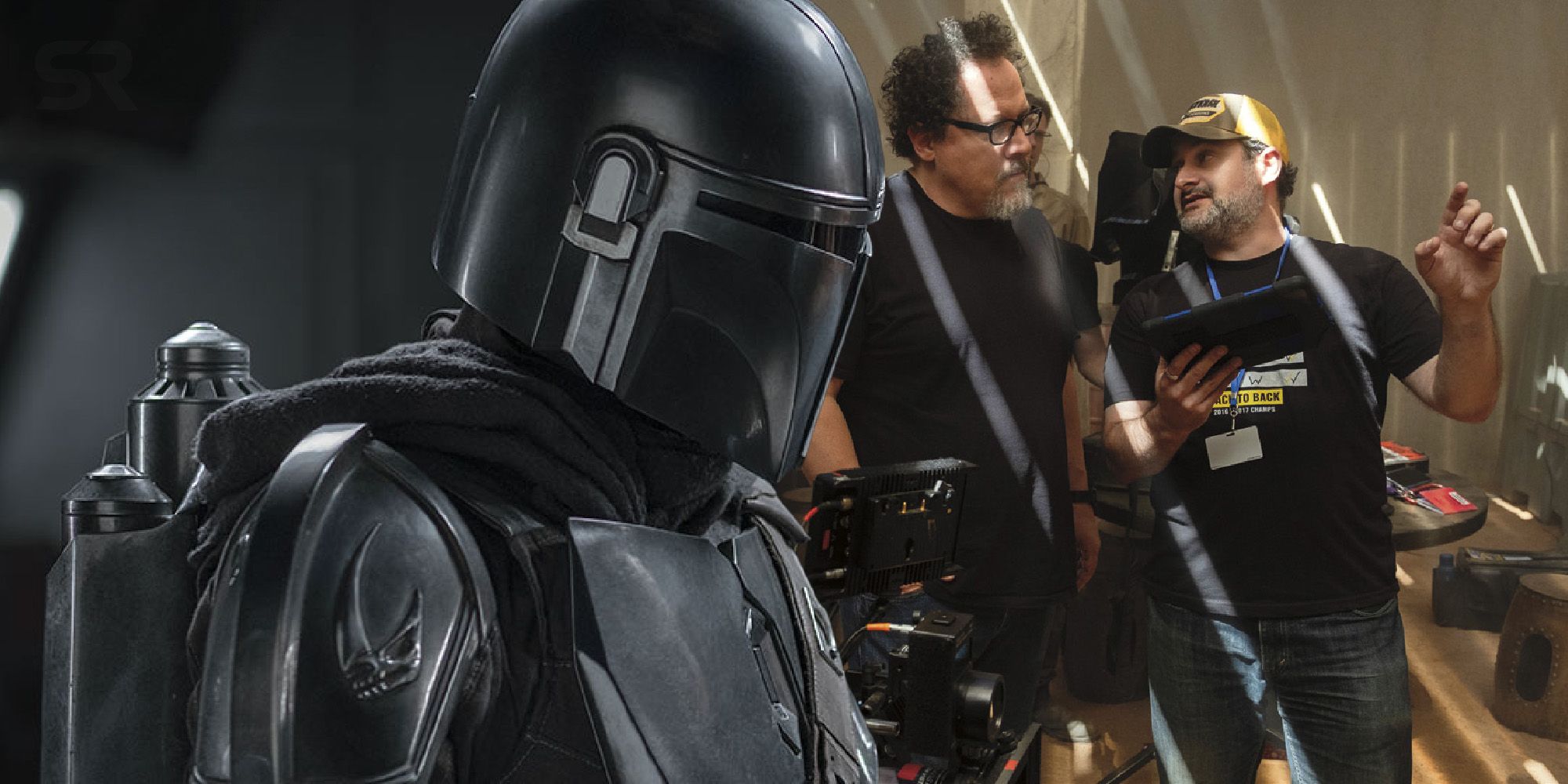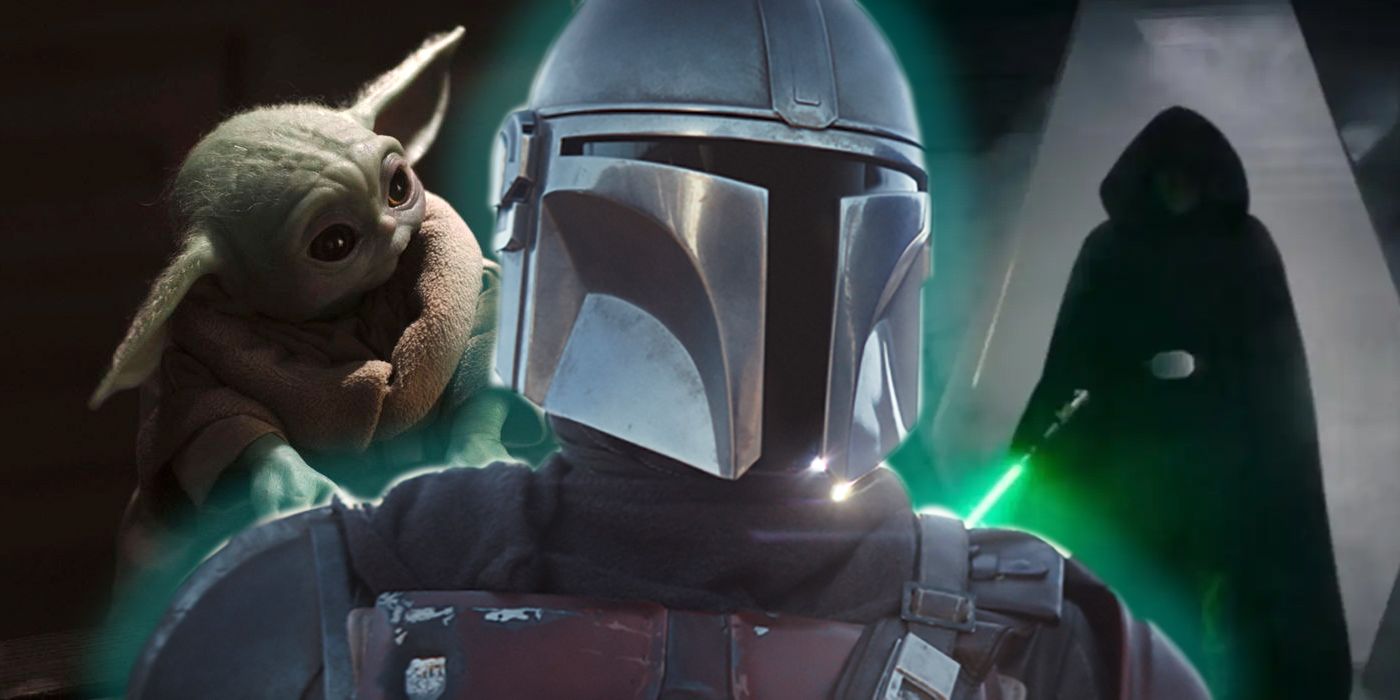The Mandalorian has become one of the most popular Star Wars projects, but it was originally filmed under the moniker Project Huckleberry. The Disney+ series follows Din Djarin, the titular bounty hunter, as he travels the galaxy with a Force-sensitive infant named Grogu (and more commonly referred to as the Child or Baby Yoda), encountering other Mandalorians, Jedi, and the Imperial Remnant along the way. Many of the guest appearances in the second season - such as Rosario Dawson's Ahsoka Tano and Temuera Morrison's Boba Fett - were publicized ahead of time. But much like how season one managed to keep the existence of Baby Yoda clandestine until the premier, Mark Hamill's de-aged appearance as Luke Skywalker in the season two finale maintained the element of surprise. Given how hot a commodity getting information on the series is, there are naturally systems in place to ensure secrecy.
When The Mandalorian first began filming, it was given the perhaps initially mysterious working title of Project Huckleberry. Although sometimes employed because the final title is still pending, working titles are most commonly used among large Star Wars-, Marvel-esque projects to maintain secrecy and prevent leaks during filming. These placeholders are generally not significant in the long term, but can sometimes grow into a more culturally recognizable phrase. For instance, Torchwood, the working title for the 2005 continuation of Doctor Who (and an anagram of the show's title), was later incorporated into the show as the codename of a government agency which later received its own eponymous spin-off. A working title may even eventually be chosen as the final title, as was the case with Cloverfield.
There is often some connection between a project's subject matter and its working title (like giving The Avengers the working title of Group Hug). In the case of The Mandalorian and Huckleberry Finn, the link is a bit more up to interpretation. Travel plays a significant role in both stories, often with more of a rural than an urban bend. They both also revolve around the unofficial education of a child. More broadly, Adventures of Huckleberry Finn is often considered to be in contention for the title of Great American Novel, and The Mandalorian, although utilizing a very different tone, relies heavily on the quintessentially American tradition of Western films. In this same vein, the working title may also be a reference to the quote "I'm your Huckleberry" from the Western film Tombstone.
Of course, there is also the very real possibility that this moniker was adopted simply because producers thought it was an effective way to throw any investigative individuals off the scent, or simply was chosen because it sounded cool, instead of specifically suiting The Mandalorian. But given the history of movie working titles holding some significance in terms of the subject matter or themes, it seems more likely there is some form of meaning in it.
While one can't draw too much from a largely utilitarian device like a working title, the choice of Huckleberry for The Mandalorian is particularly interesting in light of the season two finale, as it implies that the Child is the main character, despite his leaving with Luke Skywalker to train as a Jedi. Whether this points toward Grogu's return or toward an evolution in the direction of the series as a whole remains to be seen.


